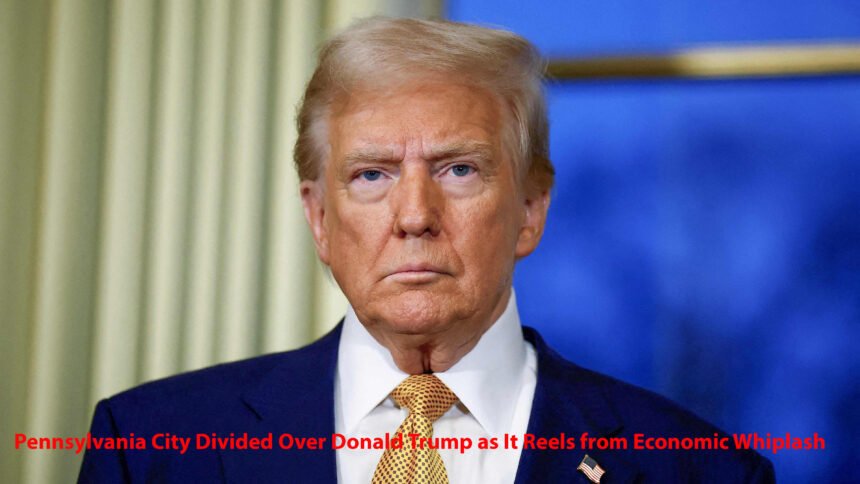In the city of Erie, Pennsylvania, the local landscape is shifting rapidly. Once reliably Democratic at the presidential level, the county flipped back to Donald Trump in 2024 after having supported his opponent four years earlier. While some residents celebrate the change, others find themselves grappling with broken promises and economic upheaval.
The Lost Big Project
A $300 million plastics-to-fuel plant was planned on Erie’s impoverished east side and was expected to offer hundreds of jobs and revitalise a blighted area. The project was cancelled after a critical government loan was placed on hold, which its founder attributed to federal policy changes tied to Donald Trump’s administration. For many local residents, the cancellation symbolises what they see as broader neglect, while for supporters of the president, the move is defended as part of a necessary shake-up of federal spending.
Economic Whiplash and Rising Costs
As the city looks ahead to new investments in mixed use spaces and downtown redevelopment, local leaders note that cost pressures have surged. Labour and material costs jumped roughly 37 % this year, placing new burdens on even the most optimistic plans. Meanwhile, tariffs, supply chain disruptions, and tighter immigration policy are cited as reasons by business owners for increased inflation and labour shortages. These are attributed to federal policy directions.
Business Divide – Winners and Losers
Some firms in the region have grown under the current political and economic regime. For example, an injection-moulding packaging company recorded a 15 % sales increase this year, thanks in part to tax deductions associated with recent legislation.
On the other hand, an apple grower said he lost access to major export markets because foreign buyers balked at the tariffs imposed by the administration, forcing his profitability downward. The result is a community split some embrace the changes, others feel they are bearing the cost.
Human Toll – Food Insecurity and Budget Cuts
The city’s food bank reported a budget cut of around $1 million, about 25 % of its funding, after federal programs were paused. At the same time, the demand for assistance soared, growing by approximately 43 % over two to three years. A local community development director described the cancellation of the major plant as reducing the odds of neighbourhood revival and making long-term growth harder.
Why Trump’s Message Still Resonates
Despite the setbacks, Trump’s message continues to draw support among residents. Some older voters say they believe strong immigration controls and tariffs are the right path to restore manufacturing and reduce living costs. One retiree shrugged off the cancelled project, stating that drastic cuts were needed to dismantle what she viewed as a broken government and rebuild something new. The mix of frustration with the status quo and hope for radical change keeps the rallying cry alive.
Looking Ahead – Tension, Transition, and Uncertain Future
For Erie, the cancellation of the plastics to fuel plant marks more than just a lost job site; it underscores the fragile nature of recovery in post industrial America. Community leaders warn that without new anchors of investment, the neighbourhoods that were banking on revival face long odds. At the same time, the political shift in the area reflects national realignments; working class voters frustrated by the cost of living and job losses are aligning with the promise of disruption over continuity.
As national policy choices ripple through local economies, the city stands in the spotlight as an emblem of broader tensions between state-led recovery and market-led cutbacks, between hope for industrial revival and the grind of everyday inflation. In Erie, the future remains contested, revival may yet come, but the path is full of divisions.












